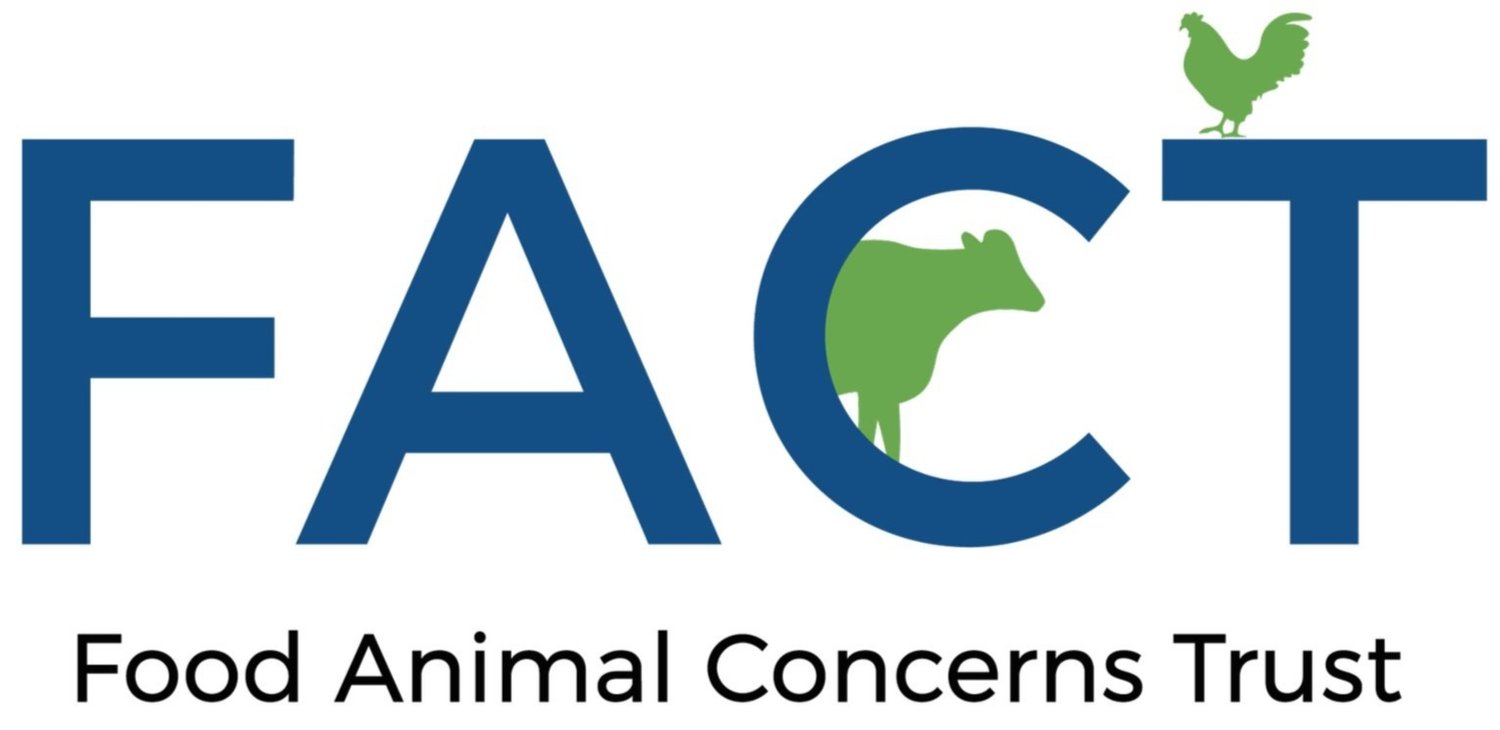When voting with your dollars to stop antibiotic resistance, what should you do about cheating in the market place?
By Steve Roach, FACT’s Safe and Healthy Food Program Director
Everyone has to eat, and we often make decisions about what to eat based on our values. For some people, this means becoming a vegetarian or buying humanely raised products. Many people also seek out meat from animals that have been raised without antibiotics both because it is healthier individually and because it also reduces the risk to the community from antibiotic resistance superbugs.
When people buy products under a raised without antibiotics label, they are rewarding producers who are acting to stop the spread of superbugs. If enough people make this choice it can help move a whole livestock sector to reduce their antibiotic overuse. This has happened to some extent with the U.S. chicken industry which has drastically reduced the amount of antibiotics used in producing chicken. In the U.S., this is not the case for beef and pork, though demand for raised without antibiotics beef and pork is growing.
For people’s shopping choices to have an impact on how animals are raised, the animals actually have to be raised under the policies mentioned on the label. Because people are often willing to pay more for products that reflect their values, there is an incentive for food companies to cheat or to mislead customers about what they are doing.
A recent study reported in Science magazine tested cattle at a slaughter plant and found that some cattle marketed as raised without antibiotics had detectable levels of antibiotics in their urine, indicating that they had received antibiotics. The study looked at 33 feedlots that market about 12 percent of the total U.S. raised without antibiotics cattle. They found that about 15 percent of the cattle were from groups of cattle where at least one animal tested positive for antibiotics. The study could not determine why animals marketed as raised without antibiotics had received antibiotics. However, the results clearly indicate a problem in this sector, whether it is fraud, unintentionally mixing up animals, or perhaps accidentally giving the raised without antibiotics cattle feed with antibiotics mixed in.
Does this mean you should no longer make shopping choices based on your values and look for animals raised without antibiotics? I do not think so. The study did not detect antibiotic use in most of the lots, so consumer choice is still helping to reduce the amount of antibiotics used to raise cattle. It definitely does indicate that companies marketing these products need to do more to make sure they are actually meeting their claims. Companies should do their own antibiotic testing and make the results of that testing publicly available. Since the U.S. Department of Agriculture (USDA) approves these labels, the USDA should do its own monitoring for fraudulent use of these approved labels.
Food Animal Concerns Trust recommends labels like Animal Welfare Approved and Humane Certified that allow antibiotic use to treat sick animals while focusing on humane treatment. There is always room for fraud, but the integrity of these organizations reduces that risk. We also recommend when you can, getting to know your local farmer and purchasing directly from them. If animals are raised in healthier conditions, antibiotic use will be lower in any case without necessarily needing a label.
In the end, we all have to eat. Labels like raised without antibiotics are a better option than meat raised with routine antibiotics (i.e. unlabeled products). Even if there is a certain level of fraud, raised without antibiotics labels are still helping to move things in the right direction. We all need to do more to make sure food labels are honest. These labels are an important step on the way to a healthier and more humane way of producing food.
